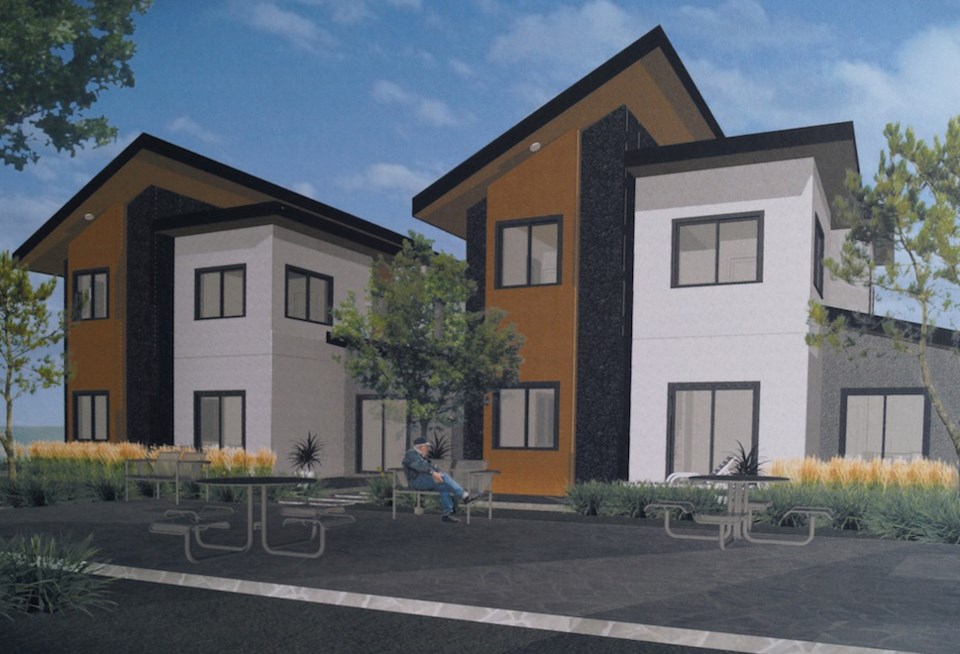The City of Richmond is contributing just over $130,000 to the non-profit Habitat for Humanity Society of Greater Vancouver to help cover development cost charges associated with a 12-unit, affordable housing project on Ash Street.
With six affordable homeownership units, Habitat’s project is relatively unique for Richmond, considering only 19 such units exist in the city.
There will be six homes on the site, each with small secondary suites (mortgage helpers) that also have rent controls placed on them.
The goal of the $2.4 million project is to see families transition into traditional market housing, by paying mortgages that cost just 30 per cent of gross family income. A homeowner’s allowable income is capped at $65,000, while renters cannot be earning more than $35,000.
All tenants must commit to 500 hours of “sweat equity,” meaning they help build the homes in some manner.
The cash contribution will come out of the city’s affordable housing reserve, which is fed by new developments on a $2-$6 per square foot basis depending on the density of the project.
In a report to Richmond’s planning committee, affordable housing coordinator Joyce Rautenberg noted more rental and subsidized affordable housing is needed in the city.
“Metro Vancouver estimates that over the next 10 years, there will be a need for 1,040 ownership units (including affordable homeownership) and 180 units of low-income rental housing annually. The Habitat for Humanity project is one step in addressing this need to generate housing options for a diverse population,” stated Rautenberg.
Land for the project was sold at a reduced rate of $397,000 by the provincial government.



